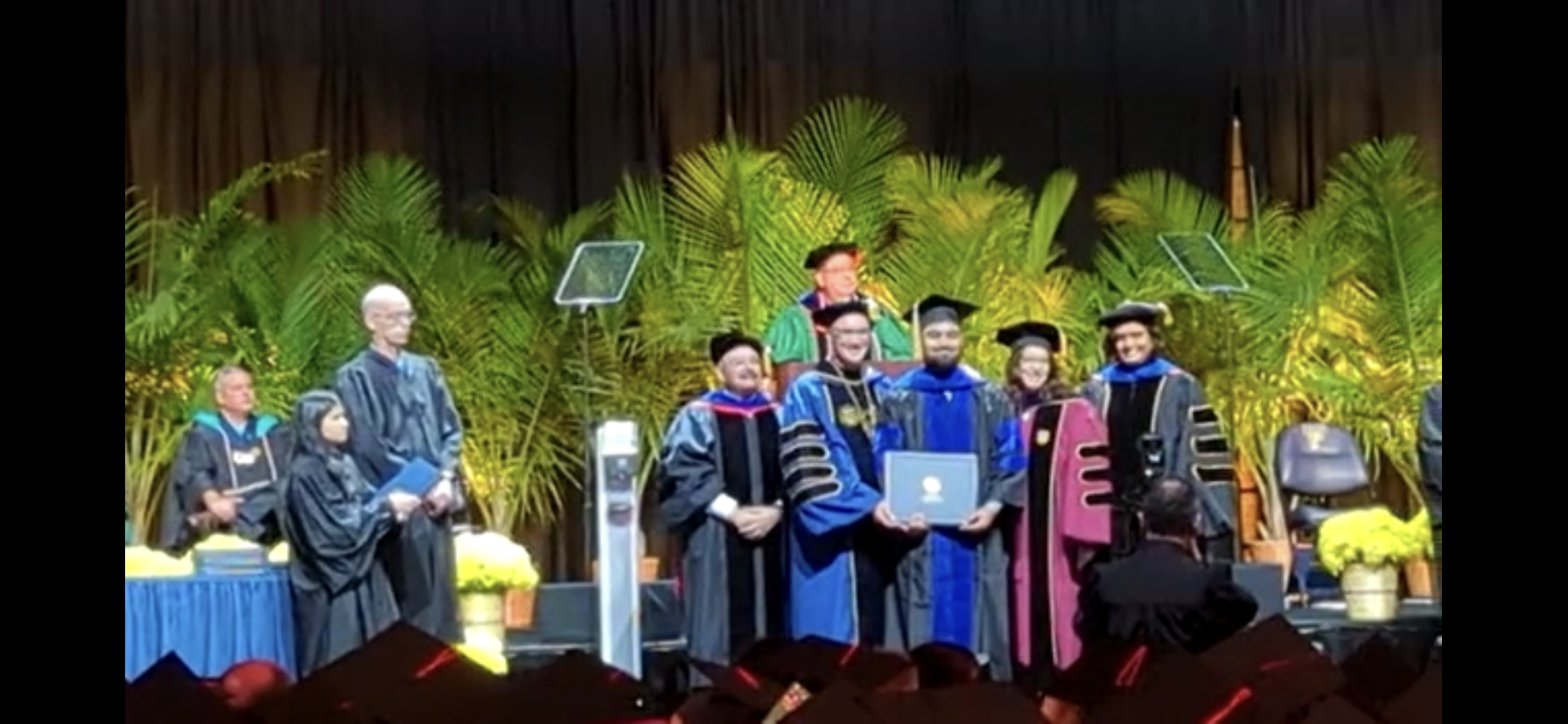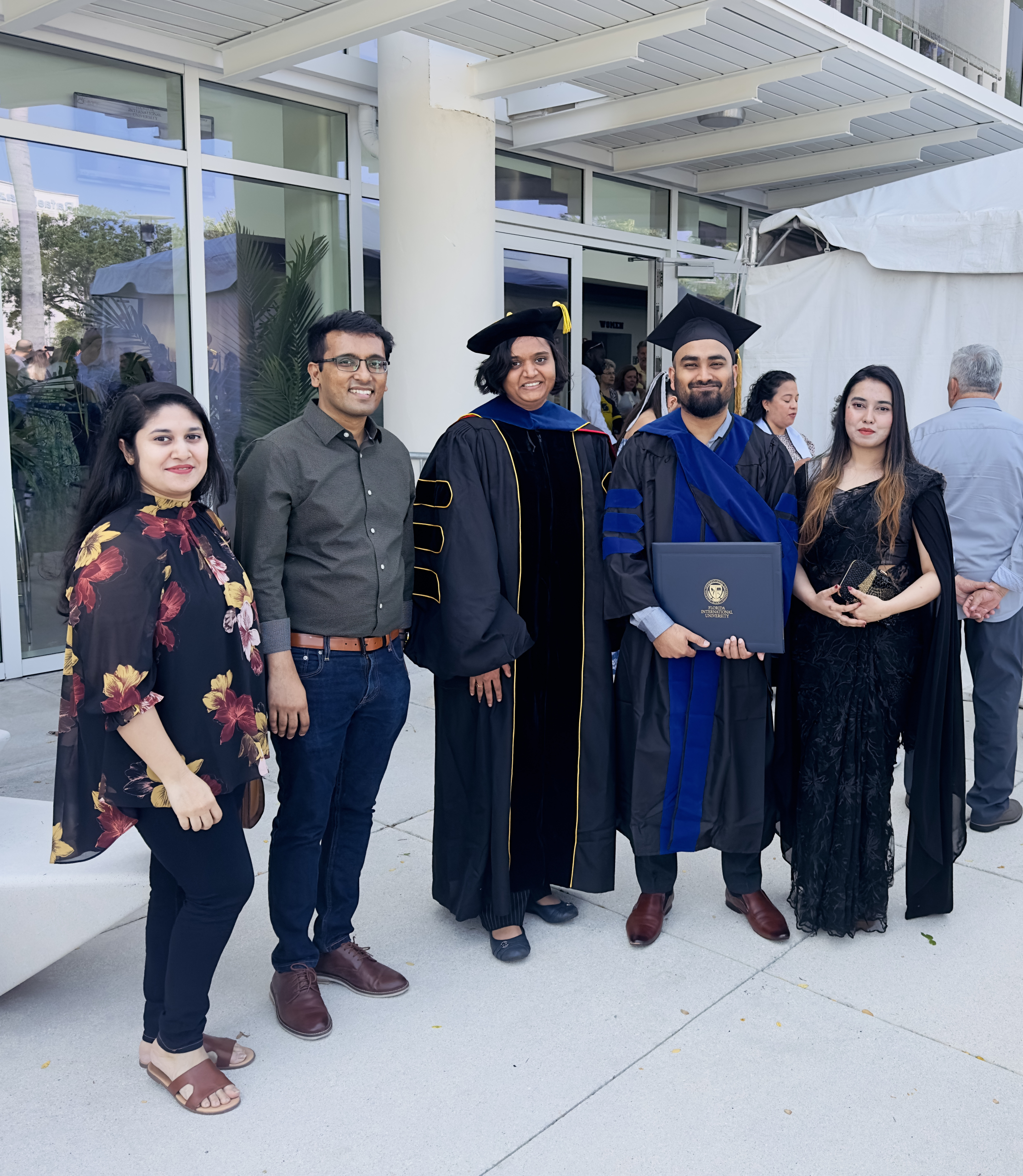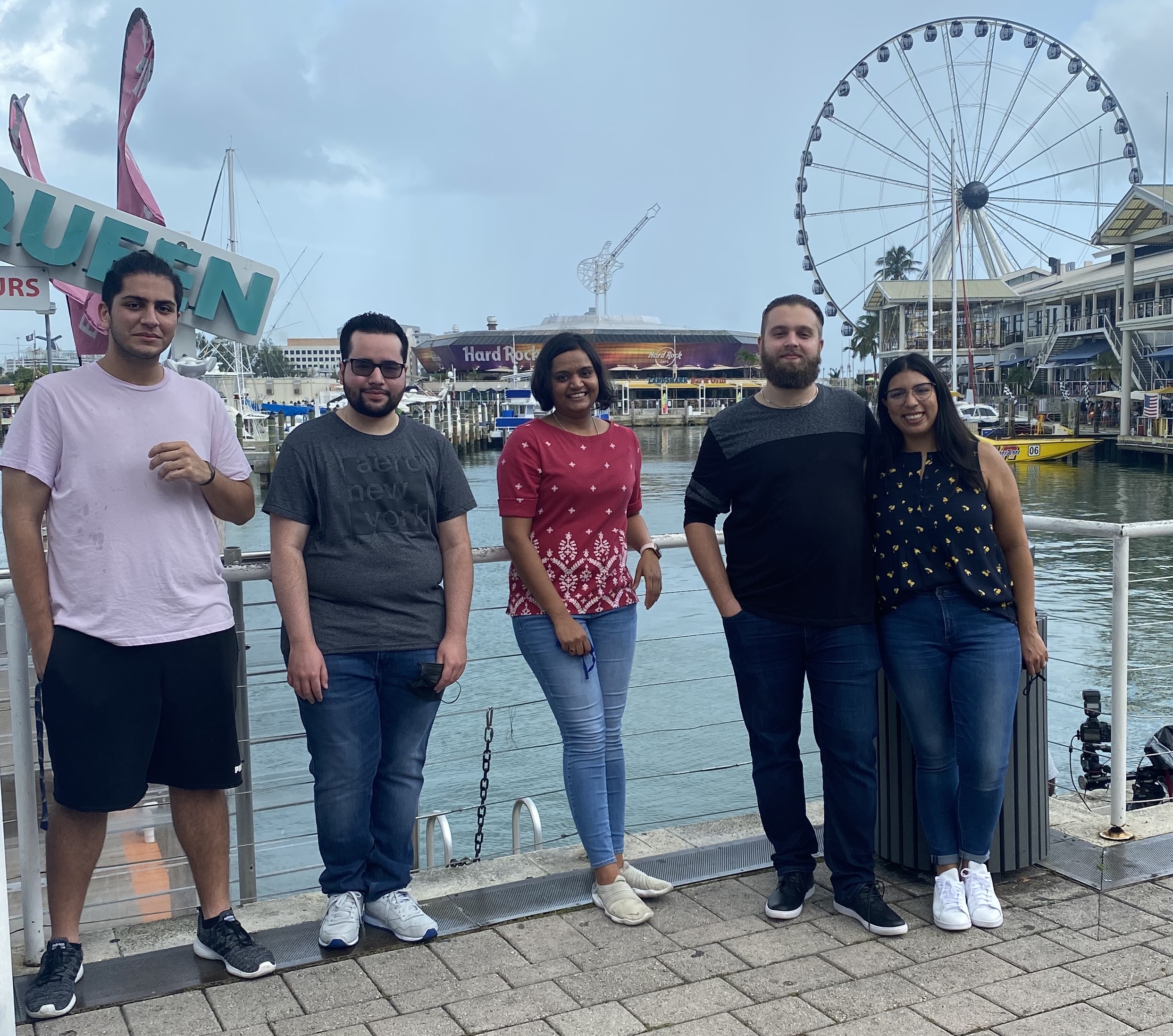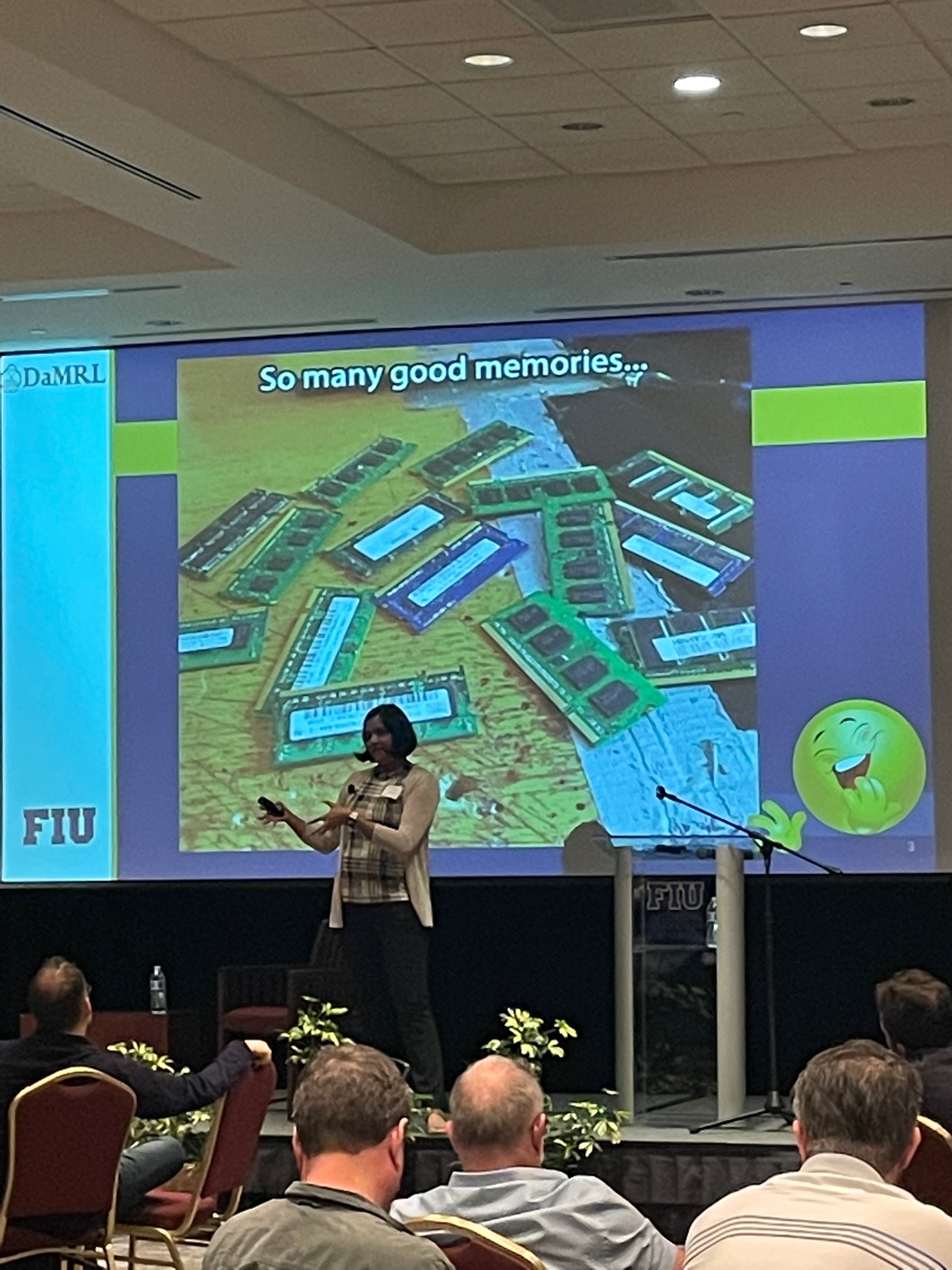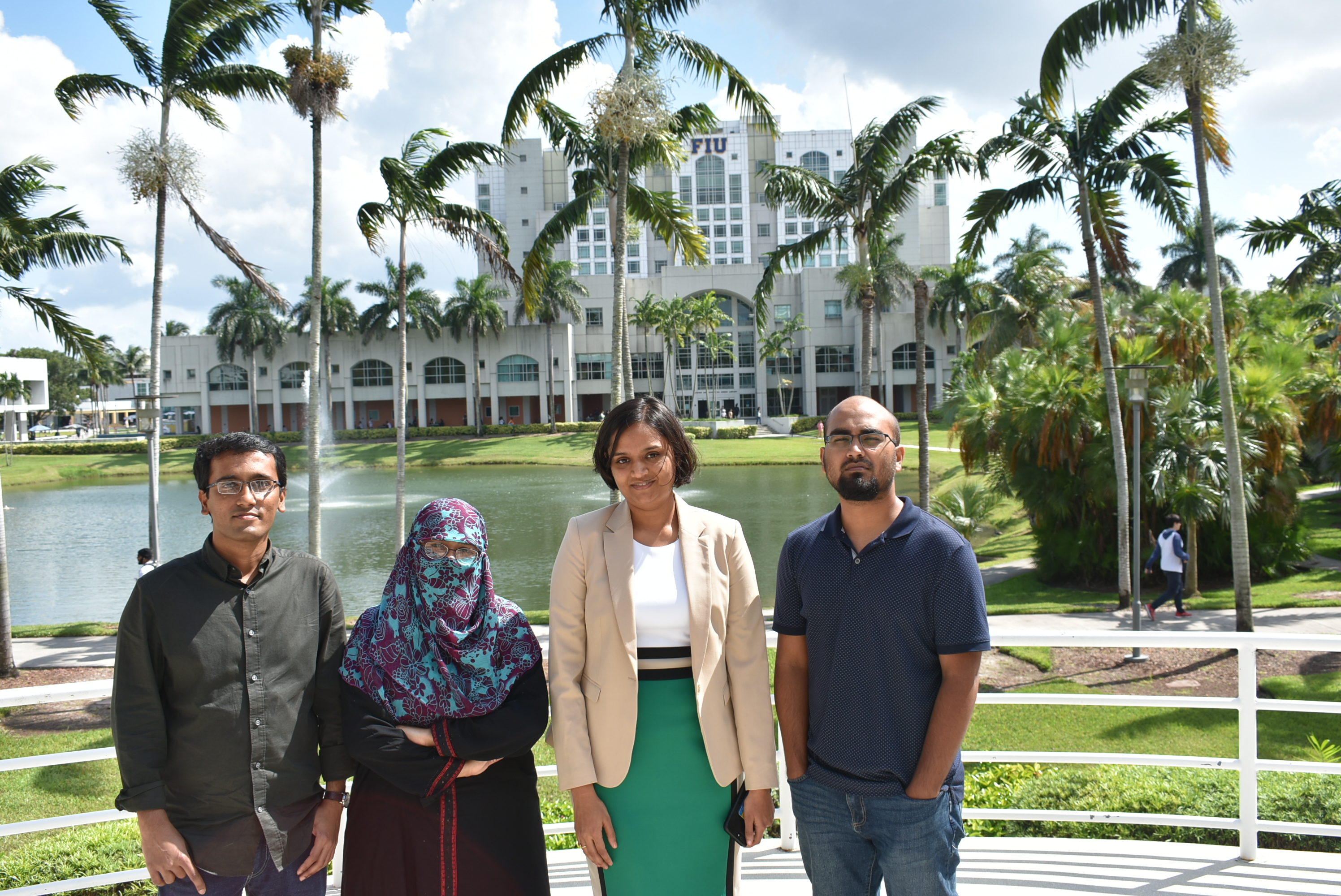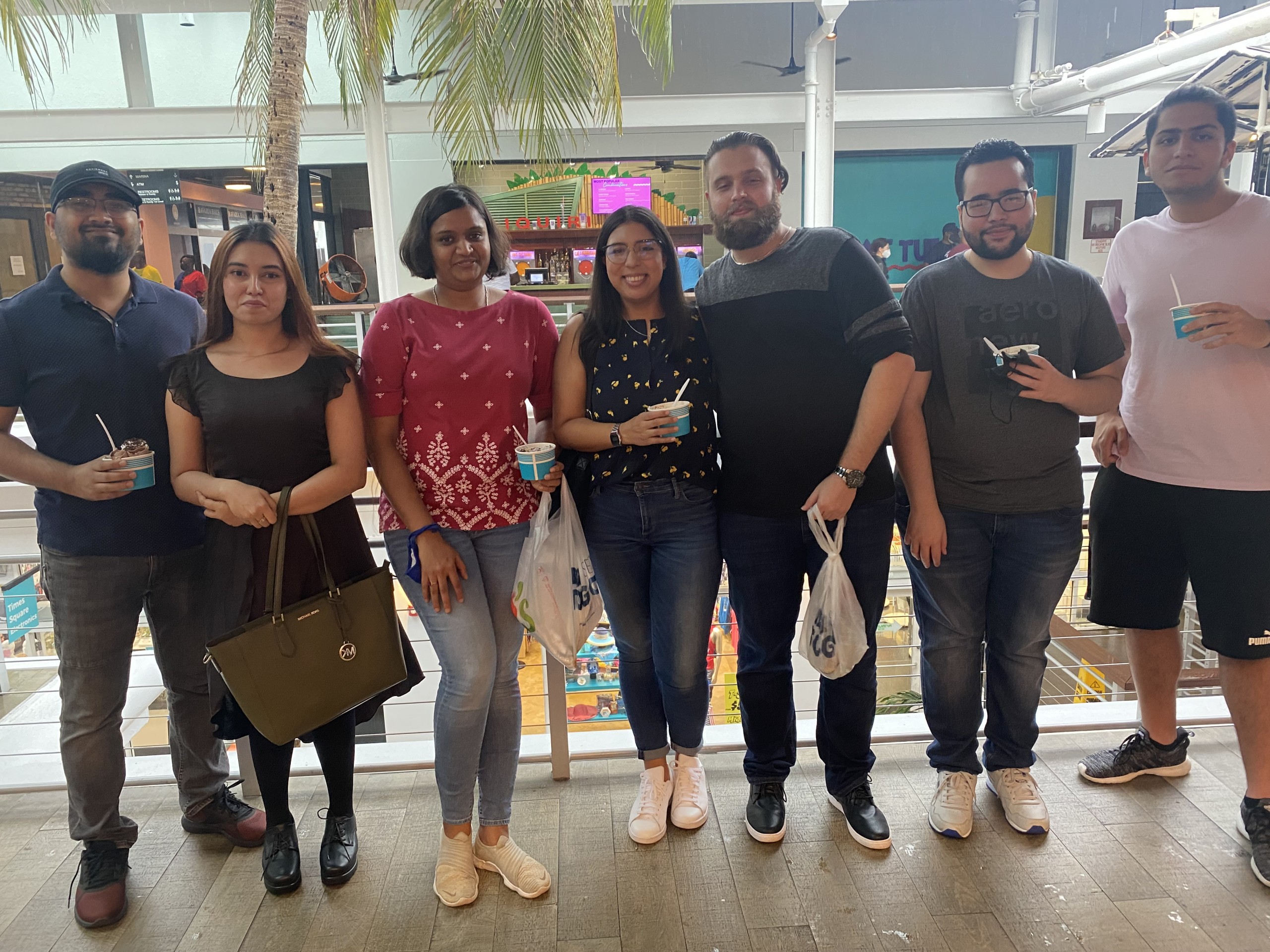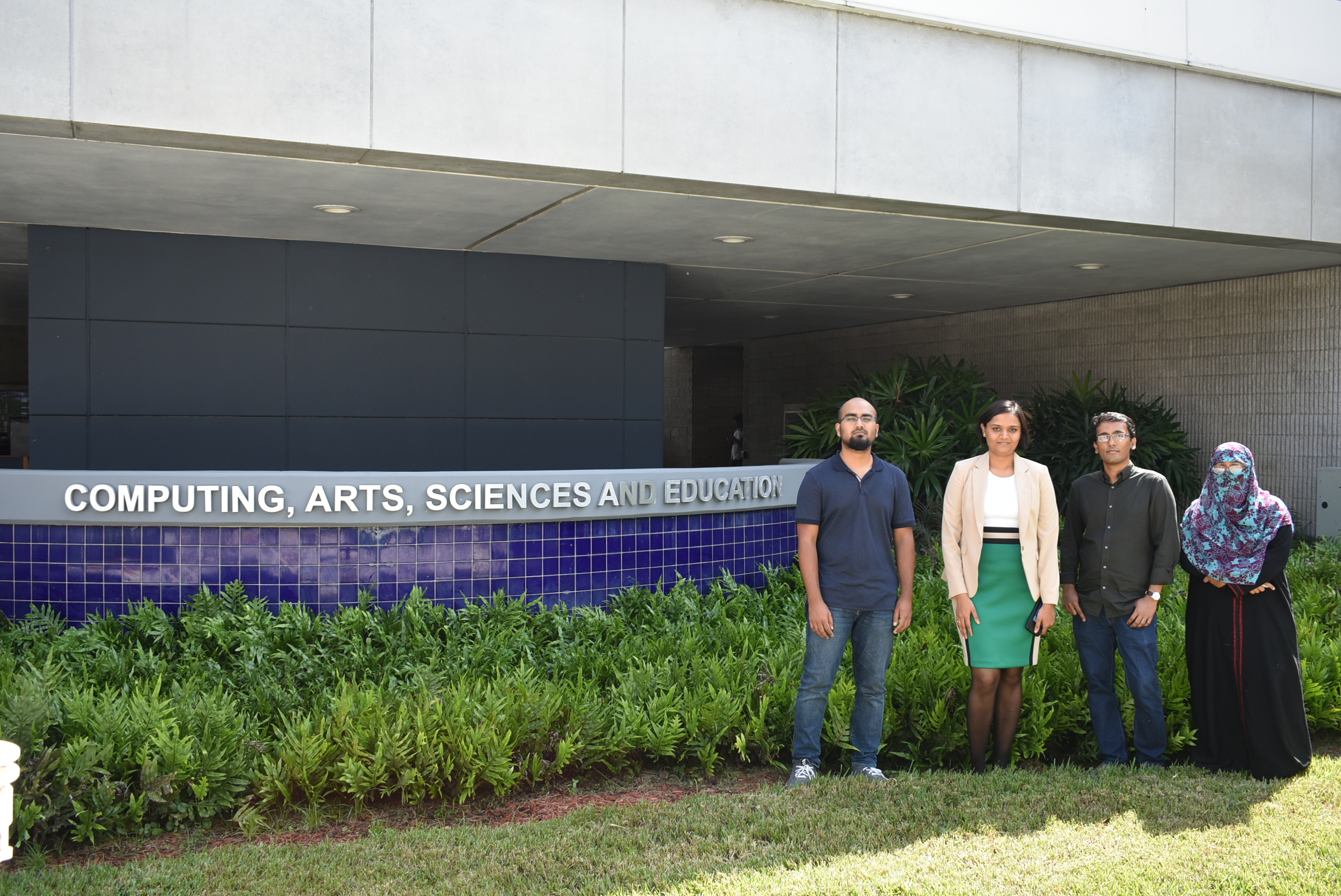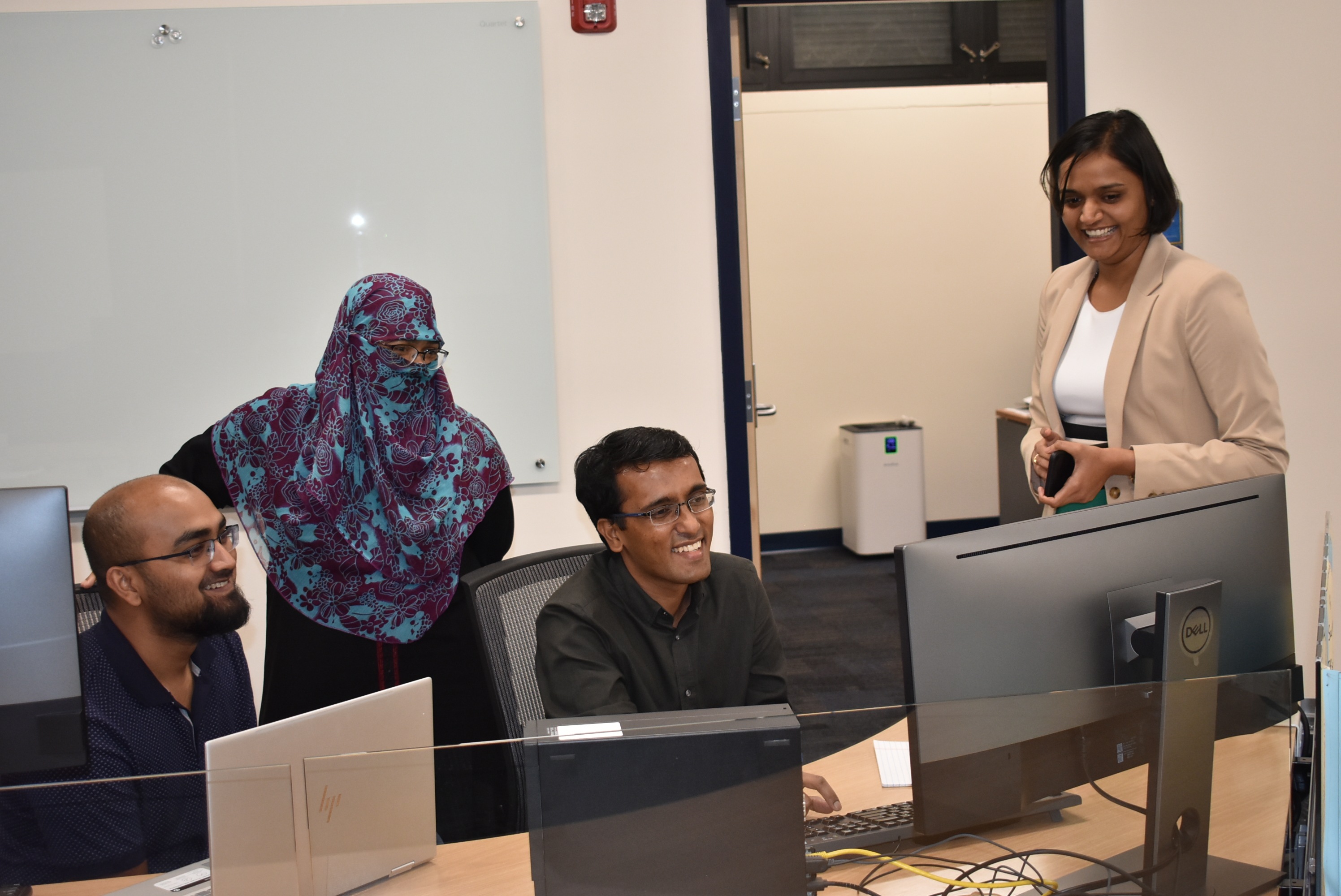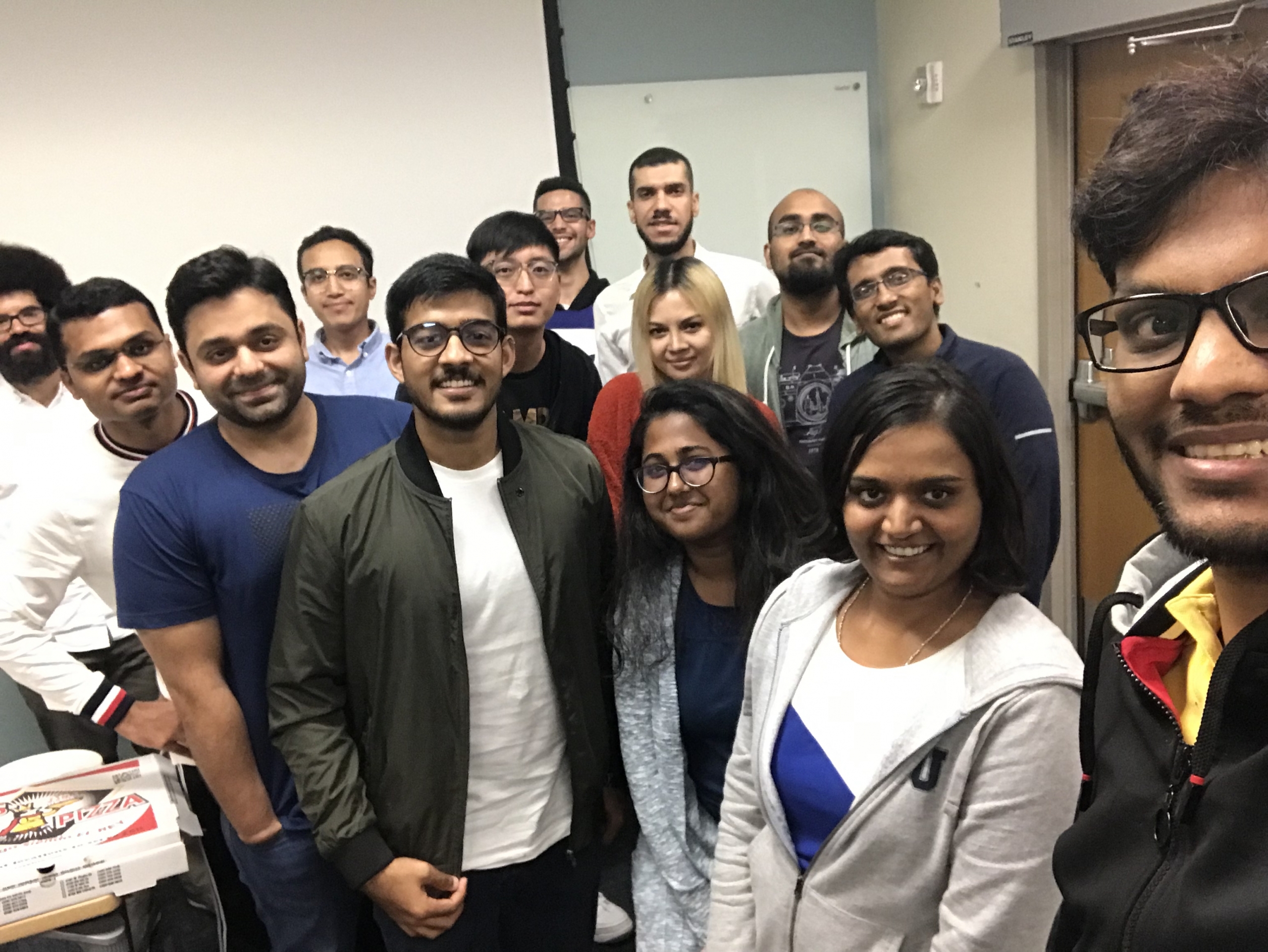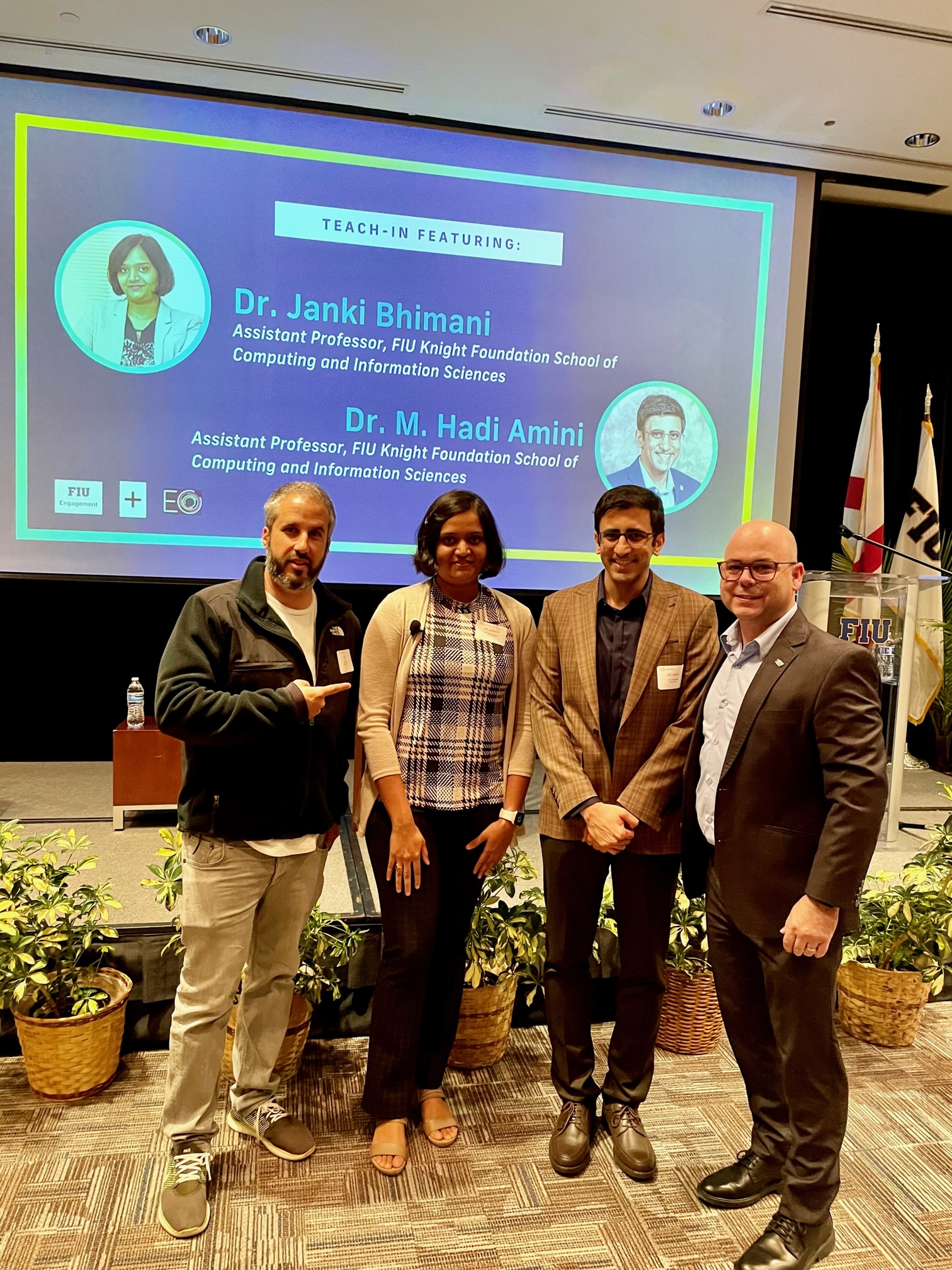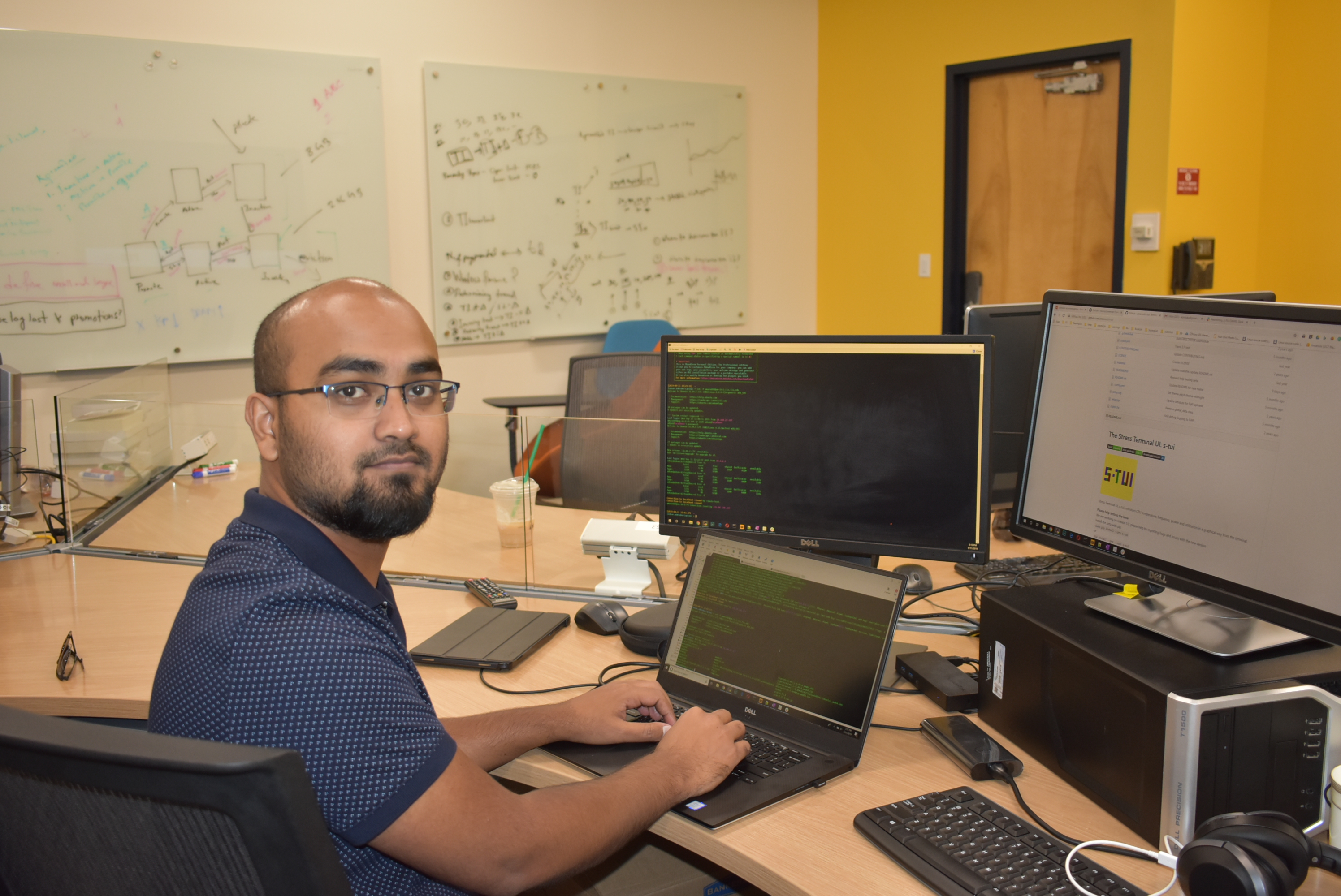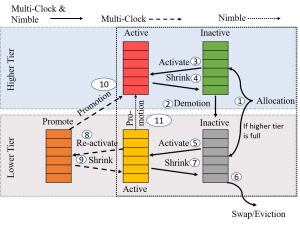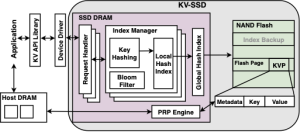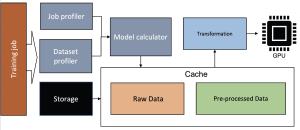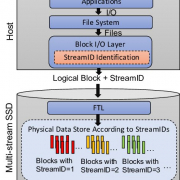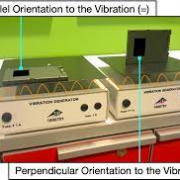Environmental stressors such as temperature, humidity, vibration, and radiation can severely impact the performance and reliability of SSDs, particularly in edge, automotive, aerospace, and datacenter deployments. Capturing sensor data in the field and conducting accelerated lab experiments are challenging, as they are time-consuming, resource-intensive, and often destructive to hardware. Specialized setups, such as thermal chambers or vibration rigs, are also required. As a result, few studies explore this area, and current storage management techniques—such as RAID, tiering, and deduplication—do not account for environmental factors.
Developing models to capture these impacts would open new research opportunities across various fields. However, accurately modeling these effects remains challenging due to: (1) the limited availability of experimental data; (2) the complex, domino-like impact of historical exposure; (3) the interrelated nature of environmental factors, such as temperature and humidity, which are often correlated; (4) the differing responses of NAND flash memory types (TLC, MLC, and SLC) to environmental stressors; and (5) the difficulty analytical and simple machine learning models face in generalizing across devices, environments, and unseen combinations of stressors.
We believe that large language models (LLMs) may offer a transformative alternative to this complex problem. With embedded domain knowledge and reasoning capabilities, LLMs can facilitate prompt-based natural language interaction. We propose a hybrid framework that combines Chain-of-Thought prompting and Retrieval-Augmented Generation to guide LLMs using physical principles and prior experiments. This approach enables interpretable “what-if” analyses of SSD behavior under varying environmental conditions.







